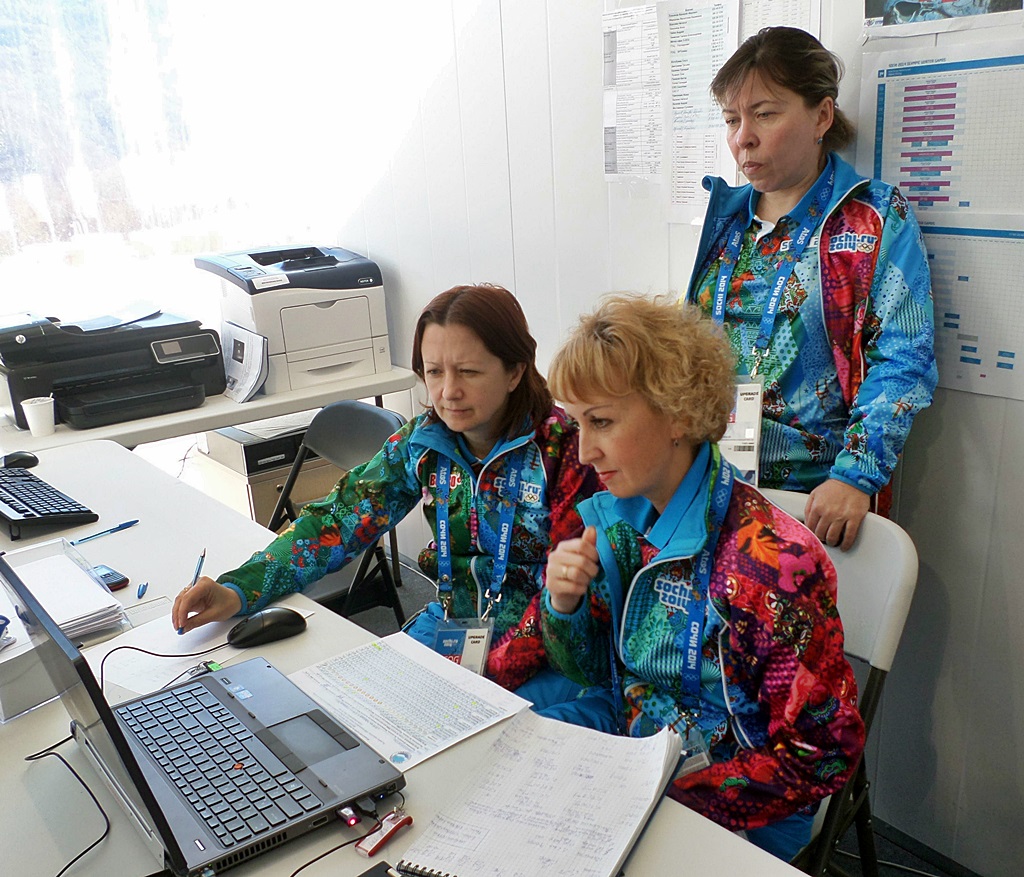Welcome to Week 2 of the session, Teaching with Conceptual Models.
This week, we have a pretty traditional activity for you: reading and reflection. Here's a research article, Competence in Weather Forecasting, that was published in the book, Psychological Investigations of Competence in Decision Making. The article describes characteristics of competent forecasters.
For those of you interested in evaluation techniques, read the whole article. To jump to the results and content for discussion, start reading on page 11 of the .pdf file (page 60 as marked on the article pages), 'Characteristics of Competent Weather Forecasters'.
A common theme here is the use of complex, dynamic mental models (i.e. conceptual models). That being the case, how do we go about fostering the development and enhancement of these mental models? Please share your thoughts on any of the following questions or related topics.
And here's a 1-5 scale to refer to regarding the sophistication of a meteorologist's mental model of the atmosphere. This is a really goofy scale and could certainly be improved upon - but it should serve for now :-)
1 = Lives in planview, one moment at a time (just like a squashed fly on a print out of a 12-hour model forecast of 500hPa heights)
3 = Has a good handle on the 3-dimensionality of complex atmospheric processes but relies heavily on NWP to create and verify their mental model of the current situation.
5 = Moves forward and backward through time and space (like an imaginary air parcel traveling forward and backward through the evolution of a severe convective storm cell) and readily finds discrepancies in NWP
1. How do the characteristics outlined in the article compare to your experience working with and training competent forecasters?
2. If you have forecasting experience, share your insights on what it takes to work at a level 5.
3. How can we enhance our training to help move forecasters towards developing level 5 thinking? Some examples were cited in Week 1 postings; let's expand on those.

